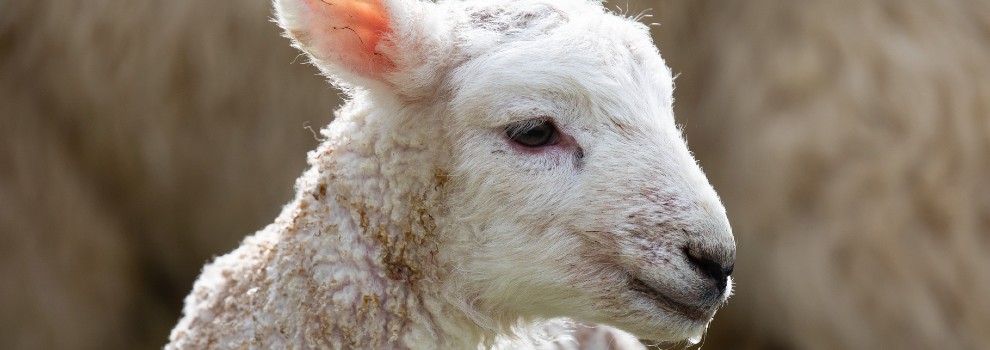- Find a Pet
- Advice and Welfare
- Ways to Give
- Get Involved
- What We Do
- Search
- My RSPCA
- Report a concern
- Gift in Wills
-
Colour modeVivid Calm
Flystrike in farm animals
Flystrike is a painful and sometimes fatal condition caused by flies laying eggs on another animal. These hatch into maggots that eat the flesh of their 'host'.
If your animal becomes infested, call a vet straight away.

Which farm animals are most at risk?
Farm animals with a dirty rear end or fleece are at high risk. This may happen in animals that:
- Aren't able to clean themselves properly
- Are ill - they may produce abnormally smelly urine or have diarrhoea
- Aren't being fed the right diet
- Have internal parasitic infection
- Have open wound(s)
However, even clean, well-kept animals can get flystrike.
Preventing flystrike in farm animals
Flystrike can occur in a matter of hours and can very quickly lead to toxic shock and death.
Speak to your vet about the best way to reduce the risk of flystrike before warmer weather starts between April and October.
You can help prevent flystrike by:
- Frequent health checks - inspect your animals frequently and thoroughly, especially around the rear end.
- Shearing - remove wool and long hair around the animals' rear ends.
- Plunge dipping of sheep in line with the relevant guidelines.
- Spray treatments - use specialist spray or 'pour-on' treatments.
- Reducing the number of flies - such as by removing faeces and soiled bedding quickly.
- Ensuring animals are healthy and not suffering from conditions that might attract flies.
Follow the links below for more on farm animal welfare and how you can help.



